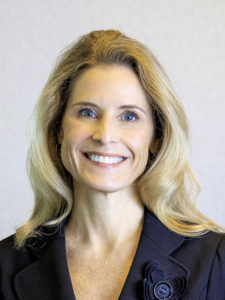Read part three, “The Role of the Attorney,” here.
The last advisor I will cover is the professional fiduciary, such as a trust officer or a financial advisor. A professional fiduciary is an individual or entity whose role it is to act in the best interests of another party, the beneficiary or client. Corporate (entity) trustees are banks and trust firms that oversee trust management. This typically involves managing and overseeing financial affairs and assets. A professional fiduciary is bound by a legal (state law) and ethical duty to prioritize the interests of the beneficiary over their own.
In charitable giving, this would be a trustee, who will manage a donor’s revocable living trust or charitable remainder trust, for example.
Financial advisors help individuals and families make strategic and informed decisions about philanthropy and focus on long-term planning with clients related to their financial goals, values and interests. This includes tax planning, although to a lesser extent than an accountant. Financial advisors may recommend giving strategies, such as donating appreciated securities or establishing donor advised funds and identifying which asset is most suitable for charitable contributions without jeopardizing their client’s financial security.
Regarding gift design bias
Financial advisors manage investment portfolios to generate returns. Generally, professional fiduciaries charge a percentage of assets under management, although some financial advisors receive product commissions. Because of this, their client’s charitable gift can negatively affect their compensation. This may produce a gift design bias, such as a preference for a charitable remainder trust where the advisor will receive a trustee fee over a gift annuity.
Knowing more about the role of the advisor as it relates to gift planning—and actively cultivating relationships with those in your area—can demonstrate that you and your charity are a capable and willing partner.
In my final blog in this series, I will offer some tips for developing an advisor network.
“The Role of the Professional Fiduciary” is part four in the five-part blog series “Getting To Know the Advisors” by Kristin Croone.
Read part five, “Building Your Advisor Network,” here.
 Kristin Croone, JD, is a senior consultant who assists her clients with estate settlement as well as provides advice and develops strategies for successful gift planning programs. Connect with Kristin at LinkedIn or by email.
Kristin Croone, JD, is a senior consultant who assists her clients with estate settlement as well as provides advice and develops strategies for successful gift planning programs. Connect with Kristin at LinkedIn or by email.


